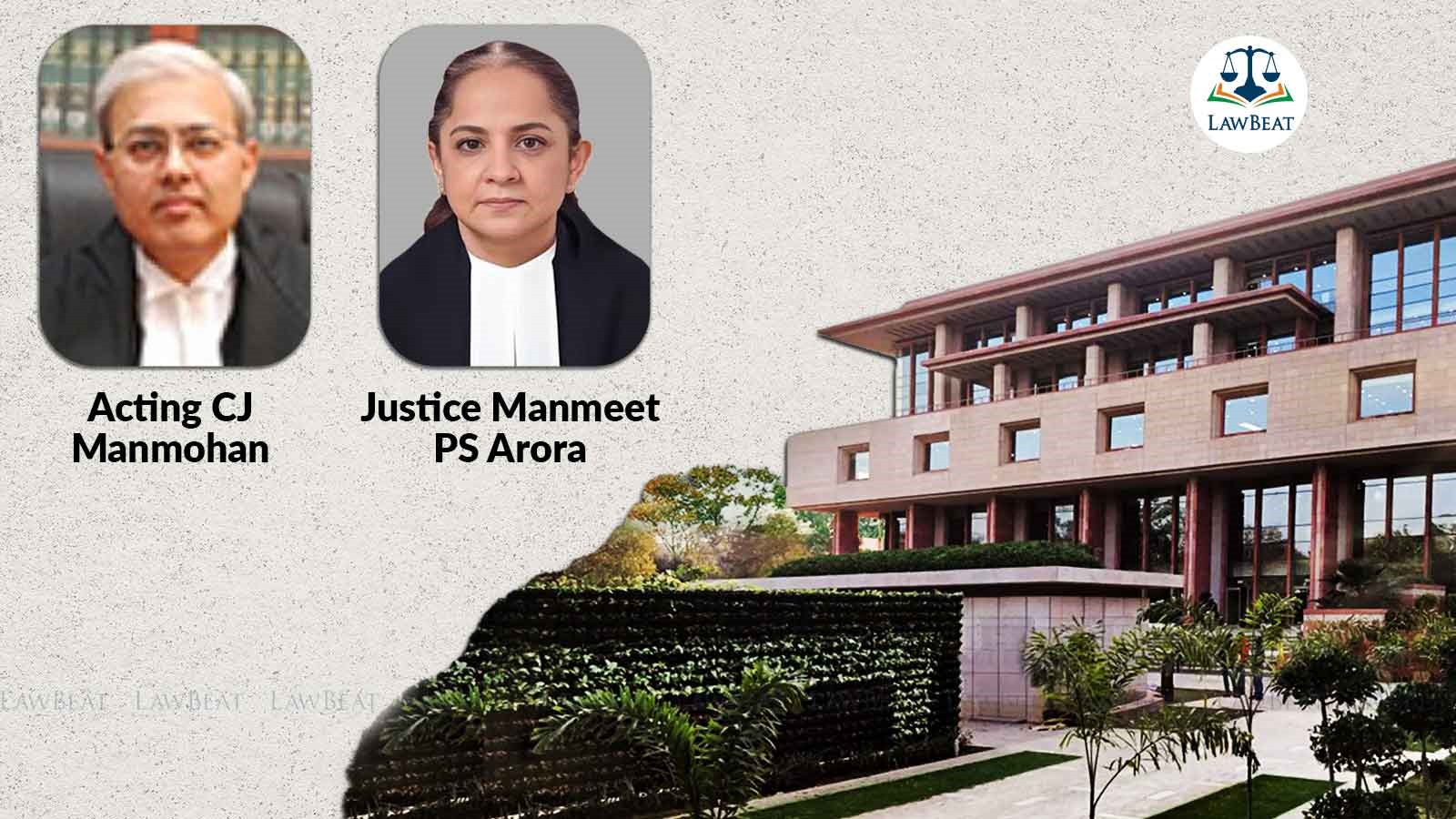Delhi High Court Dismisses Plea to Restrain Facebook for Alleged Hate Speech Against Rohingyas

The plea asserted that the refugees have been subjected to violence due to the dissemination of violent and hateful remarks based on their ethnicity and religion on Facebook
The Delhi High Court has declined to instruct the Centre to restrain social media giant Facebook from purportedly promoting hate speech against the Rohingyas on its platform.
The order was released on Wednesday. The division bench of Acting Chief Justice Manmohan and Justice Manmeet Pritam Singh Arora emphasized the existing provisions of the Information Technology (IT) Act for grievance redressal.
The court rejected the public interest litigation filed by Rohingya refugees Mohammad Hamim and Kawsar Mohammed, represented by Senior Advocate Colin Gonsalves.
The bench held that the IT Act already offers a comprehensive mechanism for addressing grievances related to objectionable content on social media platforms.
The order stated, "This court is of the opinion that the petitioners’ suggestion during the hearing that there should be prior censorship of any publication of Rohingyas on Facebook is an example of ‘a treatment that is worse than the disease."
The court further highlighted the presence of a robust grievance redressal mechanism under the IT Rules, 2021.
While urging the court to take action against the alleged propagation of hate speech targeting the Rohingya community on Facebook, the petitioners had sought a direction to authorities to prevent the "possible escalation" of violence.
The court, however, asserted that the legal obligation on social media platforms to refrain from promoting hate speech is already in place, and the IT Rules provide a grievance redress mechanism.
The bench concluded, "Consequently, this court is of the opinion that in view of the aforesaid rules, the direction sought by the petitioners to the Union of India to restrain Facebook from allegedly promoting, amplifying, spreading hate speech covered by sections 153 and 500 of the IPC (Indian Penal Code) and particularly hate speech against Rohingyas does not arise for consideration."
The court also remarked that the plea against Facebook is not maintainable since there is no allegation that the platform failed to comply with its statutory obligations under the IT Rules. Additionally, it noted that the petitioners did not dispute the removal of the offending posts mentioned in the public interest litigation.
Senior Advocate Arvind Datar, representing Facebook, argued that the platform has already taken substantial measures to prevent abuse in consultation with the Center. However, he emphasized the difficulty of completely stopping hate speech, stating that "intermediaries can’t be super censors."
The PIL invoked Article 21 of the Constitution, seeking protection of the Right to Life of the Rohingya community in Delhi and throughout the country. The plea asserted that the refugees are subjected to violence due to the dissemination of violent and hateful remarks based on their ethnicity and religion on Facebook.
Case Title: Mohammad Hamim and Anr. v. Facebook India Online Services Pvt Ltd and Ors.
